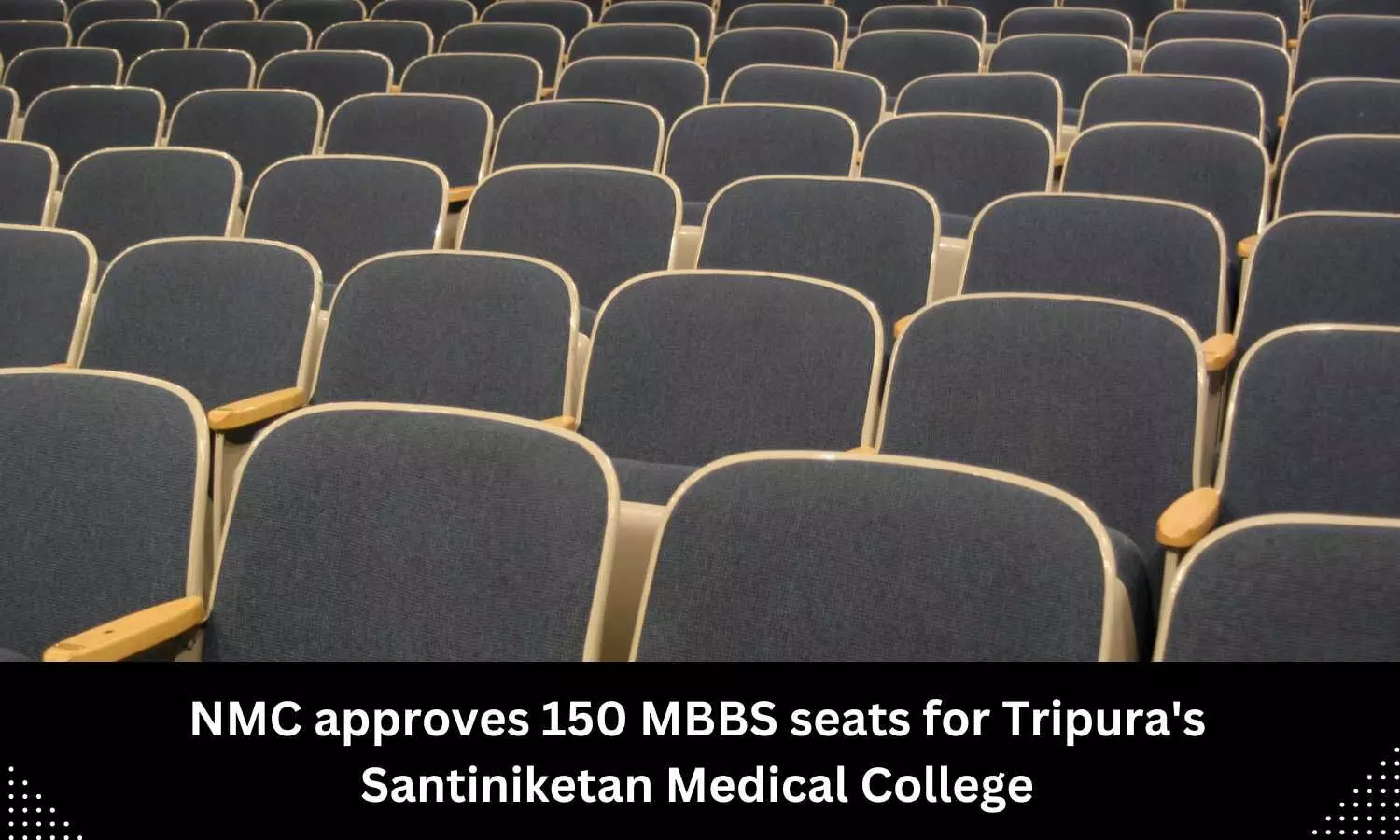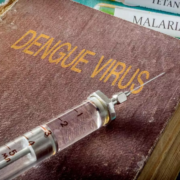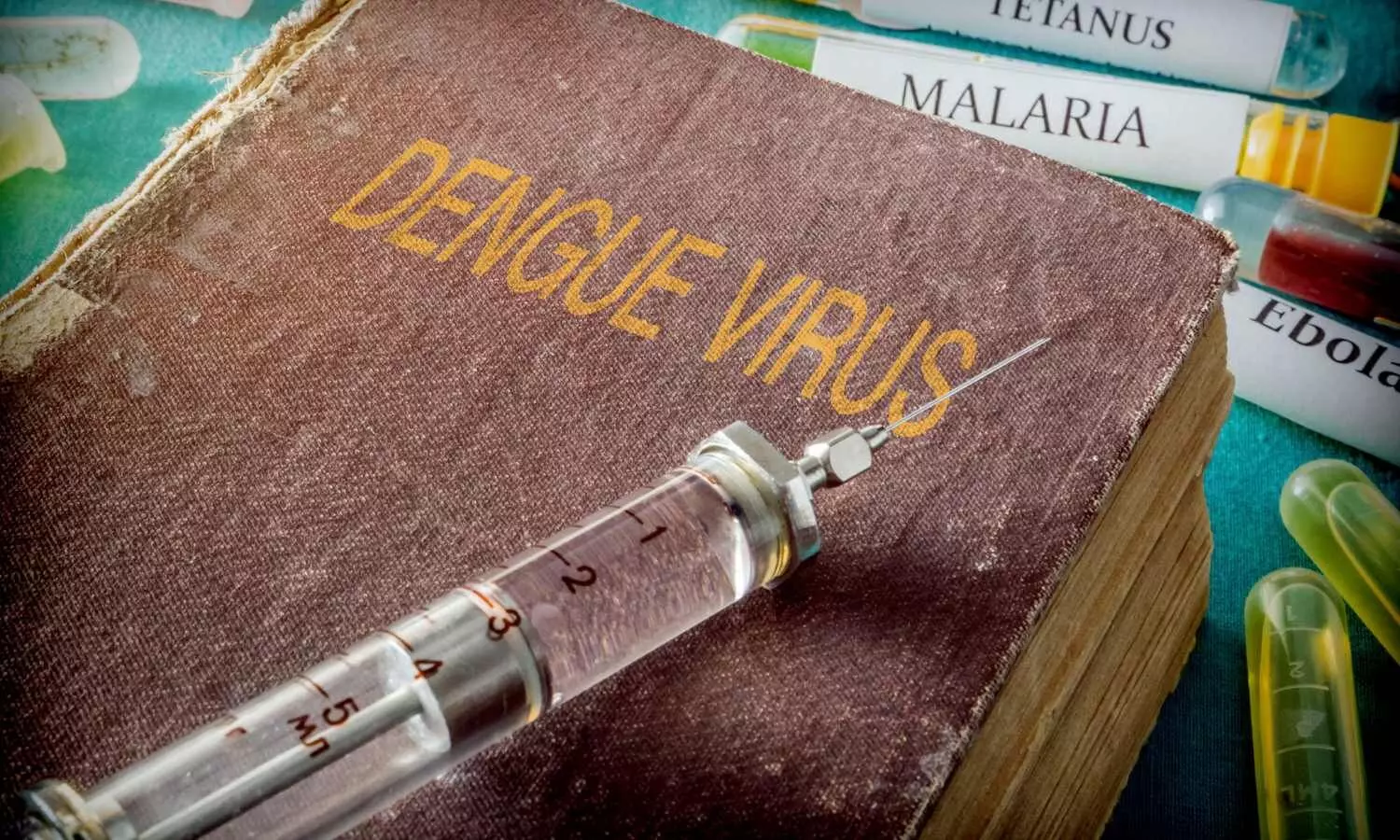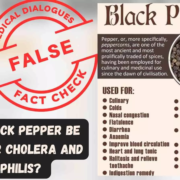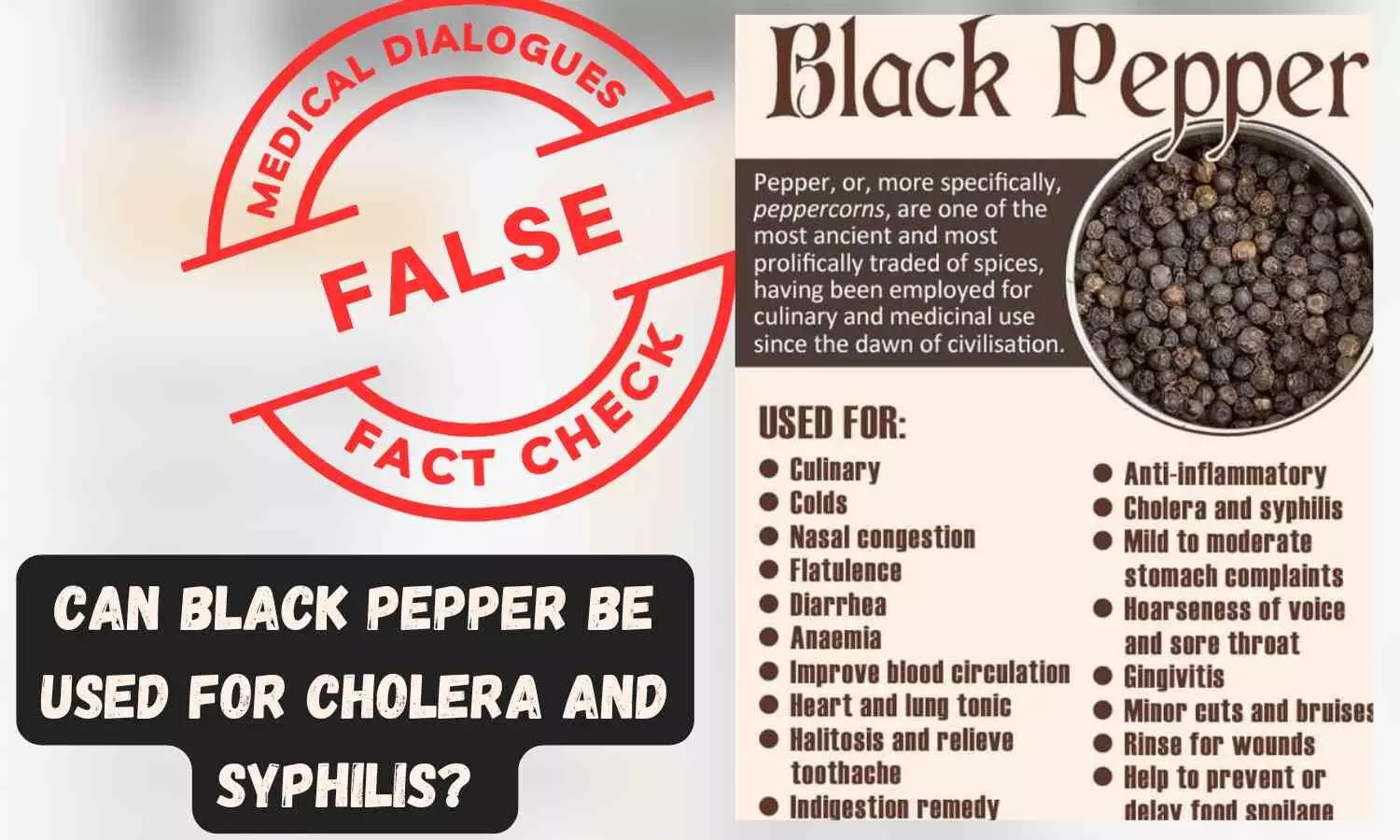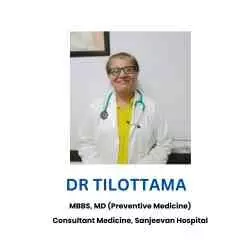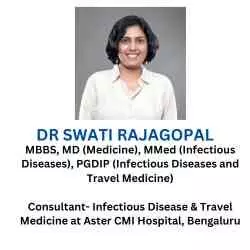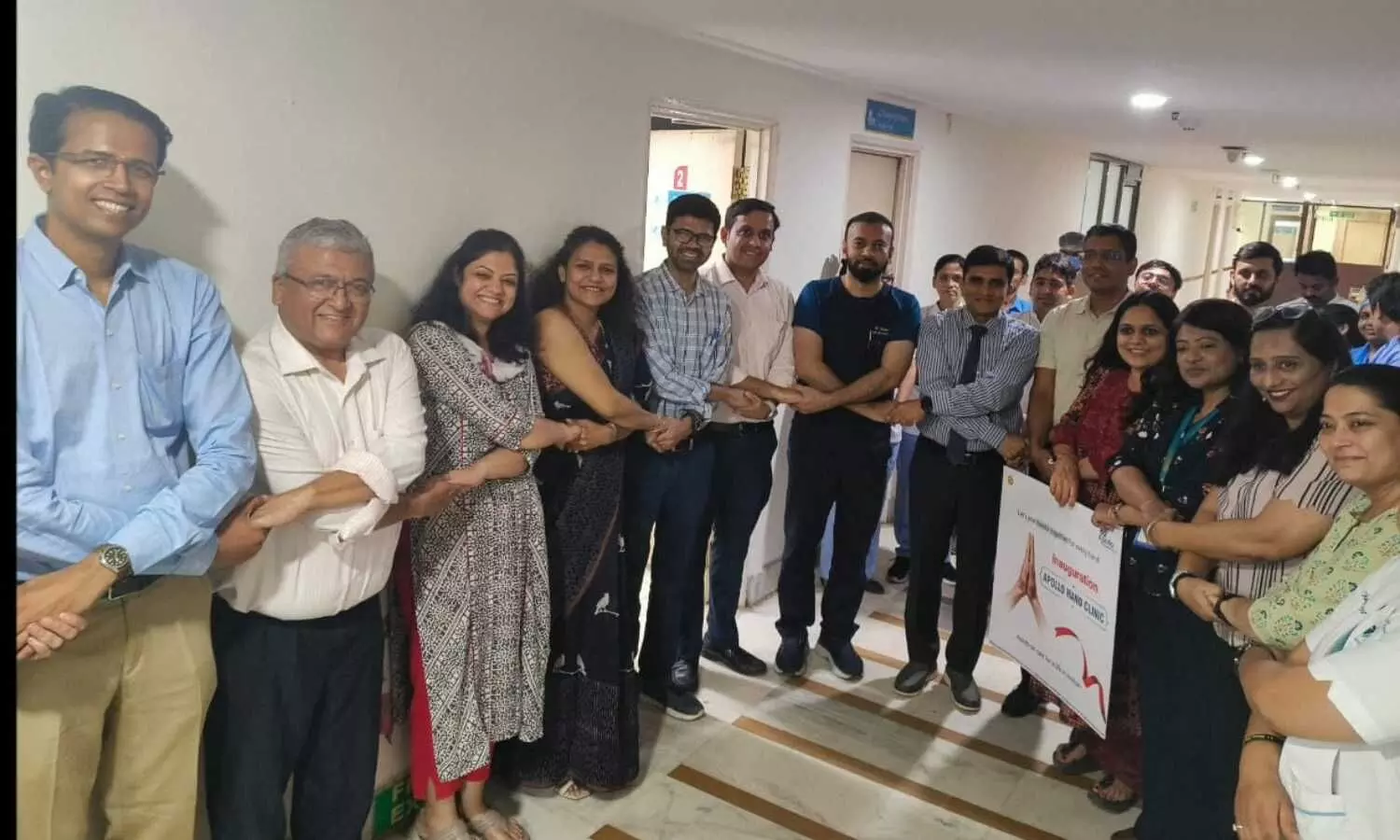A Pinterest post claims that black pepper can be used for Cholera and Syphilis. The claim is False.
Claim
A Pinterest post titled, ” Black Pepper Health Benefits”, claims that, “black pepper can be used for cholera and syphilis.” In the post, the user Deena Barger states, ” Black pepper, one of the most ancient and prolifically traded of spices, having been employed for culinary and medicinal use, such as for, colds, nasal congestion, diarrhoea, anaemia, improve blood circulation, heart and lung tonic, halitosis and relieve toothache, indigestion remedy, anti-inflammatory, cholera and syphilis, mild to moderate stomach complaints, hoarseness of voice and sore throat, gingivitis, minor cuts and bruises, rinse for wounds, helps to prevent or delay food spoilage.”
Along with other claims, the post claims that black pepper can be used for cholera and syphilis.
The post can be accessed here.
Fact Check
The claim is False. While having antibacterial, antioxidant and antidiarrhoeal properties, black pepper exhibits multiple benefits but it is not a medically recommended therapy for the management of cholera and syphilis.
What is Cholera?
As defined by the WHO (World Health Organization), cholera is an acute diarrhoeal infection caused by the ingestion of food or water contaminated with the bacterium Vibrio cholerae. Cholera remains a global threat to public health and an indicator of inequity and lack of social development.
Symptoms of cholera include severe acute watery diarrhoea, and in serious cases of the disease, it can kill within hours if left untreated.
Most people who get infected with cholera bacteria don’t show any symptoms, but they still carry the bacteria in their stool for 1 to 10 days, spreading it to others. Most of those who do show symptoms have mild to moderate signs. It usually takes 12 hours to 5 days for symptoms to appear. However, a small number of people can develop severe watery diarrhea that causes serious dehydration, which can be fatal if not treated quickly.
Dr Tilottama, MBBS, MD (Preventive Medicine) Consultant Medicine, Sanjeevan Hospital, talked about the main causes and transmission methods of cholera. She explained, “Cholera is a highly infectious disease primarily caused by the bacterium Vibrio cholerae, which spreads through the ingestion of contaminated food or water. The main sources of contamination include unsafe drinking water, poor sanitation, and food that’s been improperly handled. People living in areas with inadequate water treatment, crowded settings, or during humanitarian crises are at the highest risk. Cholera can lead to severe, watery diarrhoea, which, if untreated, can result in rapid dehydration and death within hours.”
Syphilis and Its Symptoms
Syphilis is a bacterial sexually transmitted infection (STI) caused by Treponema pallidum which results in substantial morbidity and mortality, and it is curable. Syphilis is transmitted through sexual contact with the infectious lesions, via blood transfusion or from a pregnant woman to her fetus. Syphilis in pregnancy may lead to stillbirth, newborn death and babies born with syphilis (congenital syphilis).
Many people with syphilis do not notice any symptoms. They can also go unnoticed by healthcare providers. Untreated, syphilis lasts many years and has several stages.
Medical Dialogues Fact Check Team spoke to Dr Swati Rajagopal, (MBBS, MD (Medicine), MMed (Infectious Diseases), PGDIP (Infectious Diseases and Travel Medicine) is a Consultant (Infectious Disease & Travel Medicine) at Aster CMI Hospital, Bengaluru about early symptoms of syphilis and diagnosis. She said “Syphilis progresses through several stages, each with distinct symptoms. In primary syphilis, a round, painless sore (chancre) appears, typically on the genitals or anus, lasting about 21 days. It often goes unnoticed and heals on its own within a week or two, advancing to secondary syphilis if untreated. This stage features a non-itchy rash, especially on the palms and soles, along with white or grey lesions in moist areas like the anus or labia. The latent stage has no symptoms but can progress to tertiary syphilis after years, potentially causing serious issues like heart and brain damage. Early diagnosis through blood tests is crucial for effective treatment.”
Health Benefits of Black Pepper
Black pepper (Piper Nigrum) belongs to the Piperaceae family, with over 1,000 species mainly found in tropical and subtropical areas. The main active ingredient in black pepper is piperine, which also contains volatile oils, oleoresins, and several other natural compounds.
Black pepper has antioxidant, anti-inflammatory, and antimicrobial properties, which can help protect the body from damage, reduce inflammation, and fight certain germs. It may also help prevent or relieve digestive problems by boosting the production of hydrochloric acid in the stomach. Furthermore, black pepper has diaphoretic effects, meaning it can increase sweating, which helps the body cool down or flush out toxins. It also has diuretic properties, which promotes urination, helping to remove excess fluid and waste from the body. Furthermore, black pepper prevents the breakdown of fats in the body (known as lipid peroxidation) and boosts the body’s antioxidant levels, which help fight harmful free radicals.
Can Black Pepper be used for Cholera and Syphilis?
Black pepper exhibits a range of medicinal properties, including antibacterial, anti-inflammatory, and antioxidant effects, which have been supported by various studies. While it has demonstrated effectiveness in managing conditions like diarrhoea by reducing chloride and water secretion in the intestines, there is no credible scientific evidence to support the claim that black pepper can be used for cholera or syphilis.
Some studies investigated black pepper’s potential role in combating cholera. A study in the International Journal of Enteric Pathogens highlighted that black pepper has strong antibacterial properties, suggesting it could be used as an inhibitory extract against S. aureus and V. cholerae in the food industry.
Yet another study by Pongkorpsakol et al. evaluated the efficacy of a potent compound of an antidiarrhoeal formulation (black pepper extract) used in folk medicine in some countries such as Thailand and found that piperine(an active ingredient of black pepper) can limit excessive chloride and water secretion in the intestines, which helps reduce diarrhoea. However, none of the scientific evidence support that black pepper should be used for cholera
Similarly, there is no evidence existing that black pepper can be used in syphilis. A review article in Medicine in Drug Discovery highlighted that Decoction (seeds) of Piper guineense Linn. (which belongs to the same family as black pepper) has potential therapeutic effects, suggesting it could be used for syphilis, as well as conditions like fungal infections, asthma, respiratory diseases, and female infertility. However, even this study could not categorically support the individual claim that black pepper should be used in syphilis.
Dr Swati Rajagopal, (MBBS, MD (Medicine), MMed (Infectious Diseases), PGDIP (Infectious Diseases and Travel Medicine) is a Consultant (Infectious Disease & Travel Medicine) at Aster CMI Hospital, Bengaluru told Health Dialogues that, “Black pepper is well-known for its culinary uses and potential health benefits, but it is not a treatment for cholera or syphilis. There is no medical evidence supporting its effectiveness against these diseases. Cholera requires rapid rehydration therapy and antibiotic intervention to manage severe fluid loss, while syphilis must be treated with prescribed antibiotics to stop the infection. Individuals should seek proper medical advice and not rely on remedies like black pepper as cures for these serious conditions.”
Adding to this Dr Tilottama, MBBS, MD (Preventive Medicine) Consultant Medicine, Sanjeevan Hospital, said, While black pepper is often recognized for its antimicrobial and antioxidant properties, it is not a substitute for medical treatment when dealing with serious diseases like cholera or syphilis. Cholera requires urgent rehydration and antibiotics to address the bacterial infection, while syphilis needs a specific antibiotic regimen to manage effectively. Relying on black pepper or any other home remedy in these cases can delay proper treatment, potentially leading to severe complications.
Medical Dialogues Final Take
Black pepper is recognized for its broad medicinal properties, including its roles as an antibacterial agent and an antidiarrheal by managing fluid secretion in the intestines. It has shown potential in certain contexts, such as food safety and in alleviating digestive issues. Despite its diverse health benefits and culinary value, it is important to note that black pepper is not suitable for treating severe infections like cholera or syphilis, which require specialized medical intervention. Hence the claim that Black Pepper can be used for Cholera and Syphilis is False.





